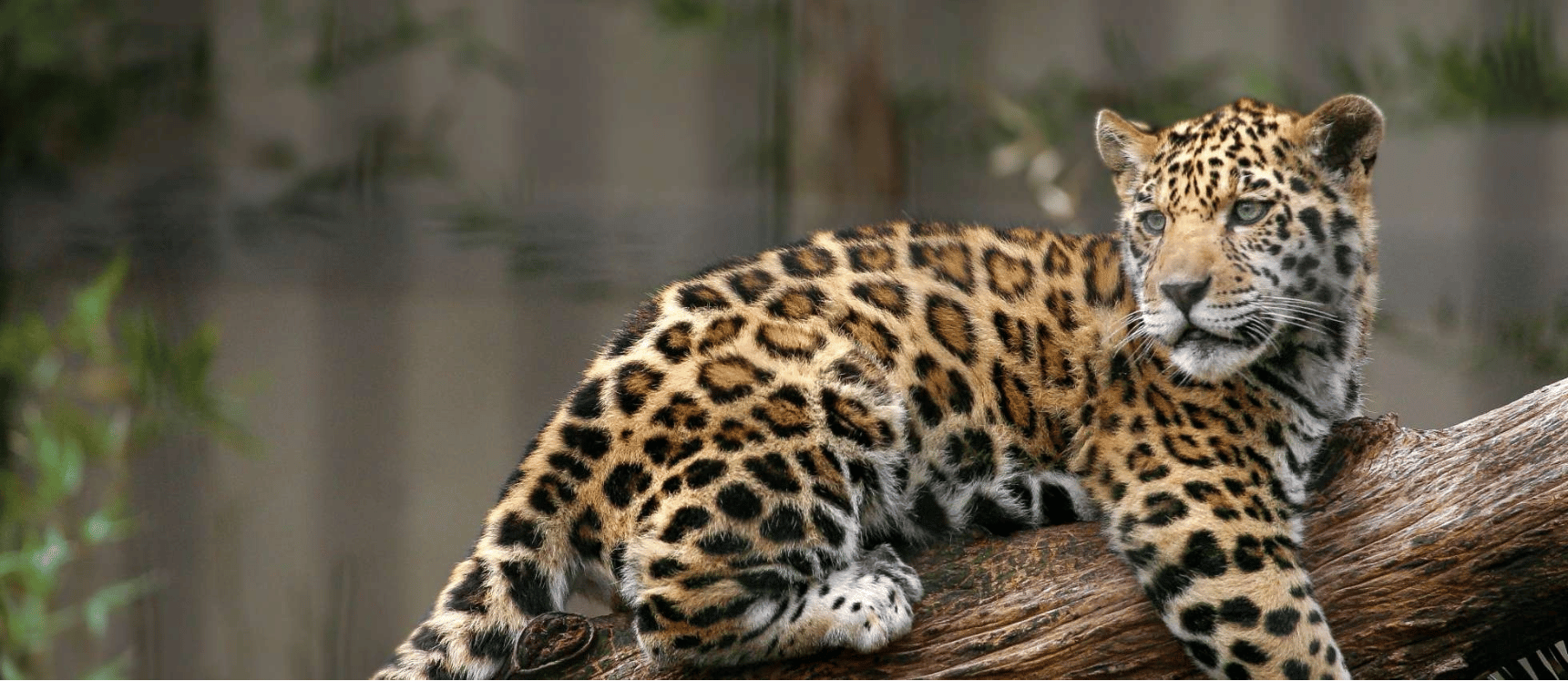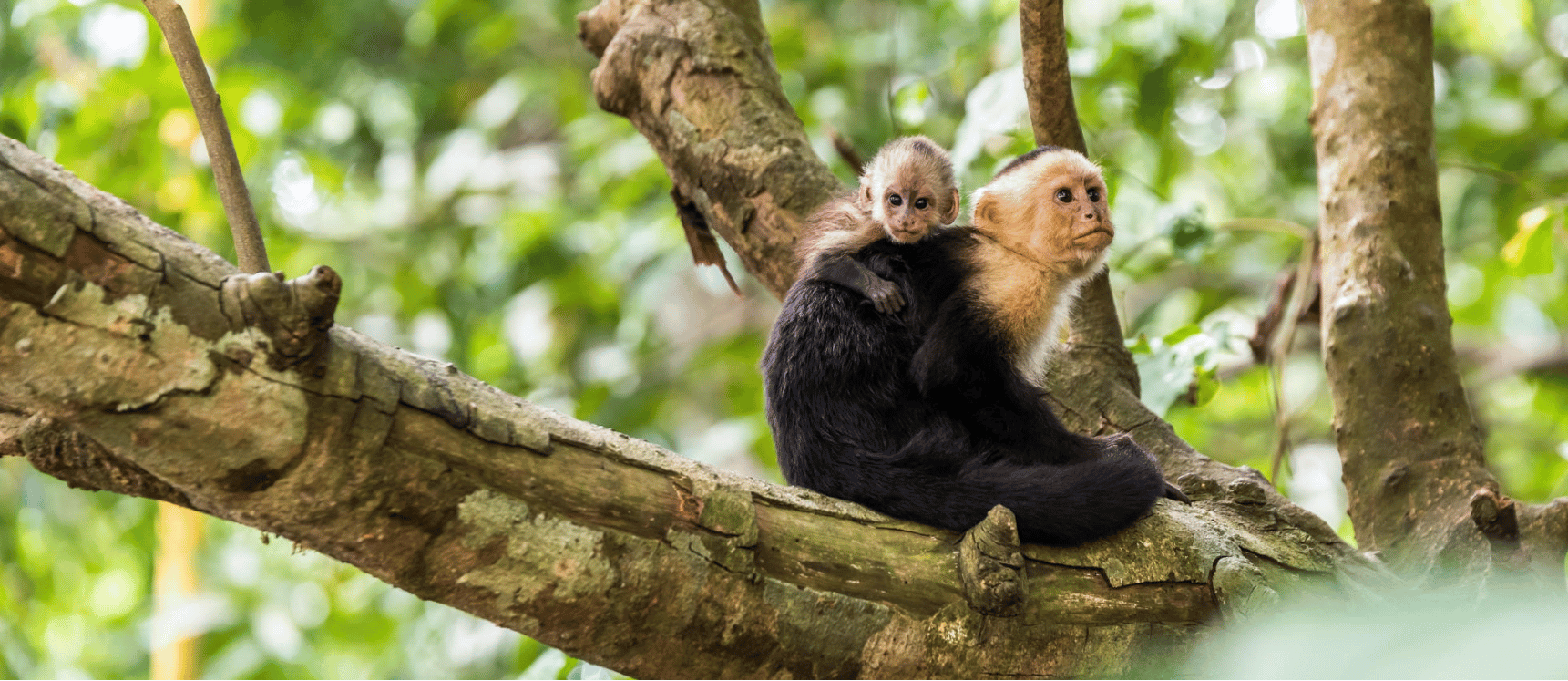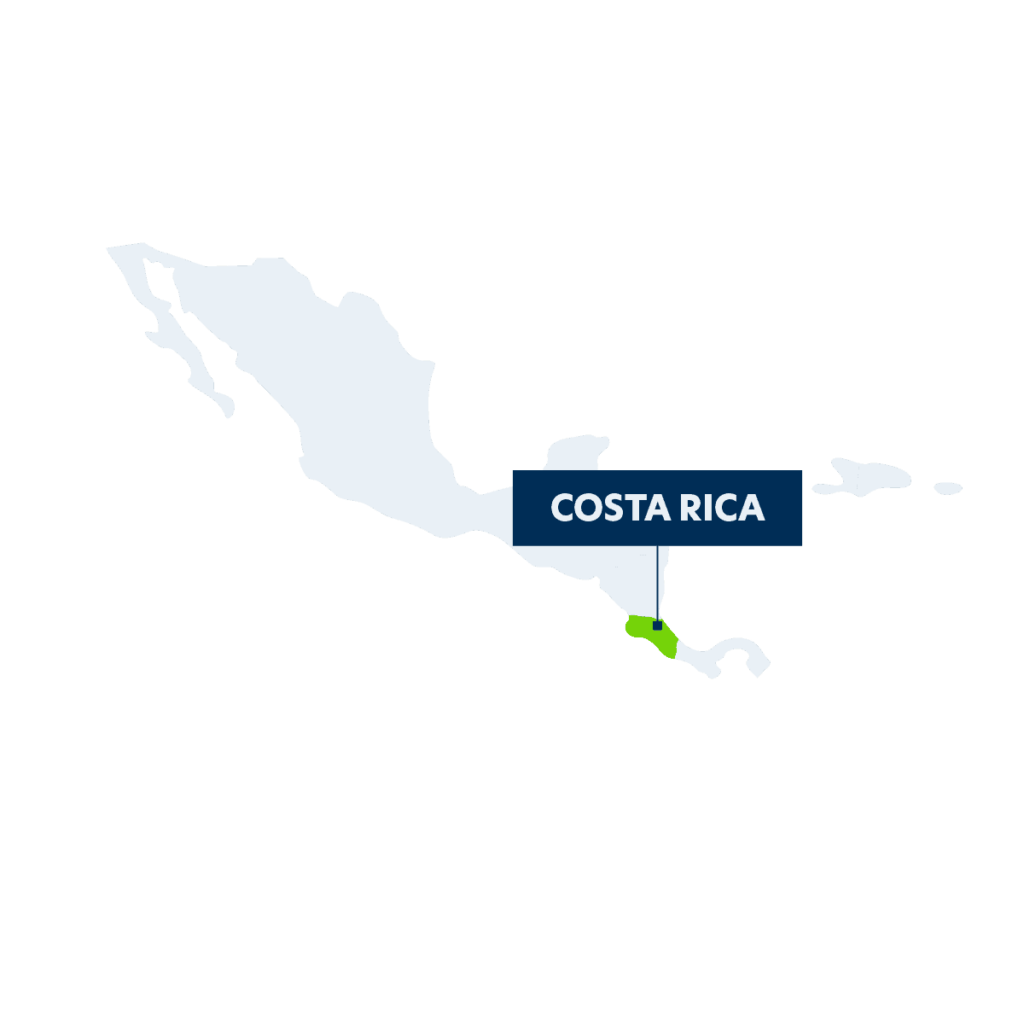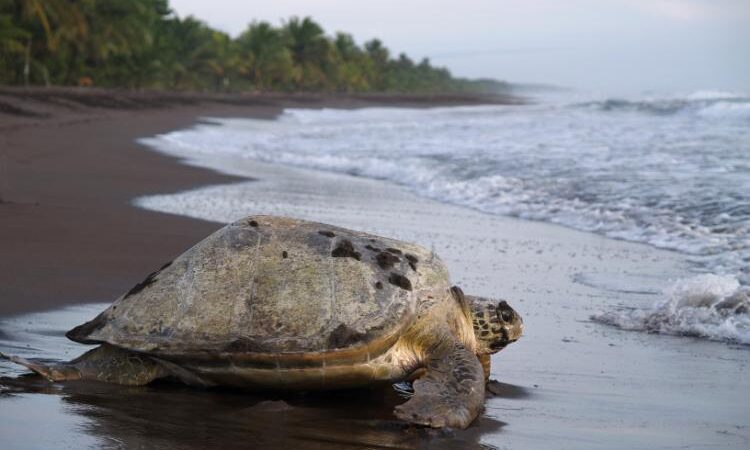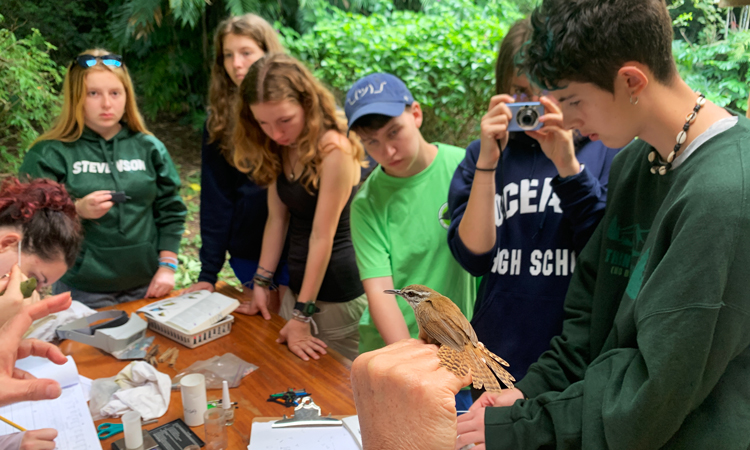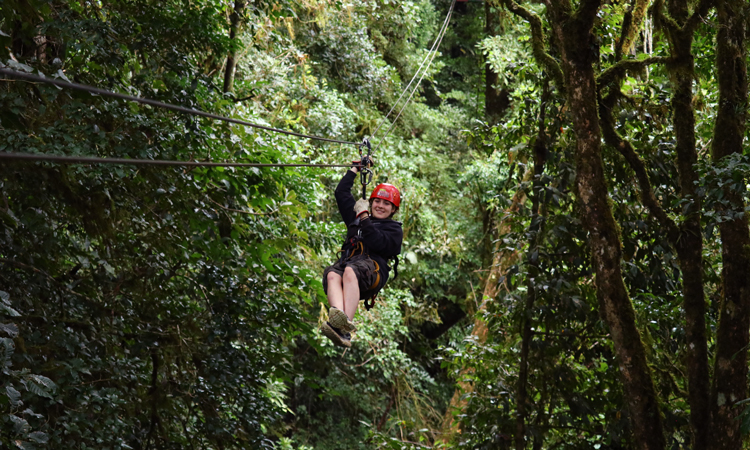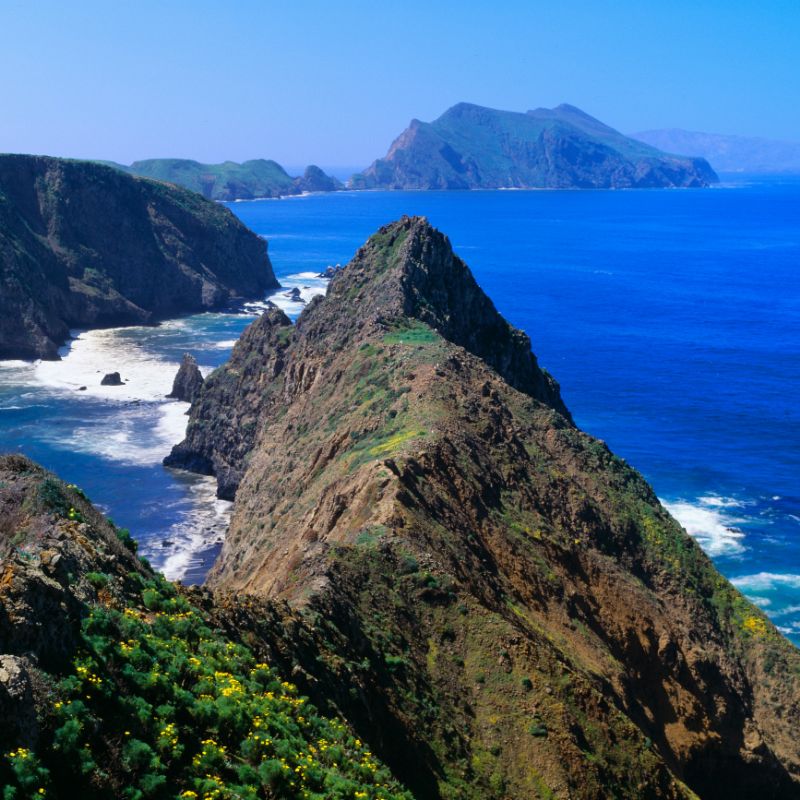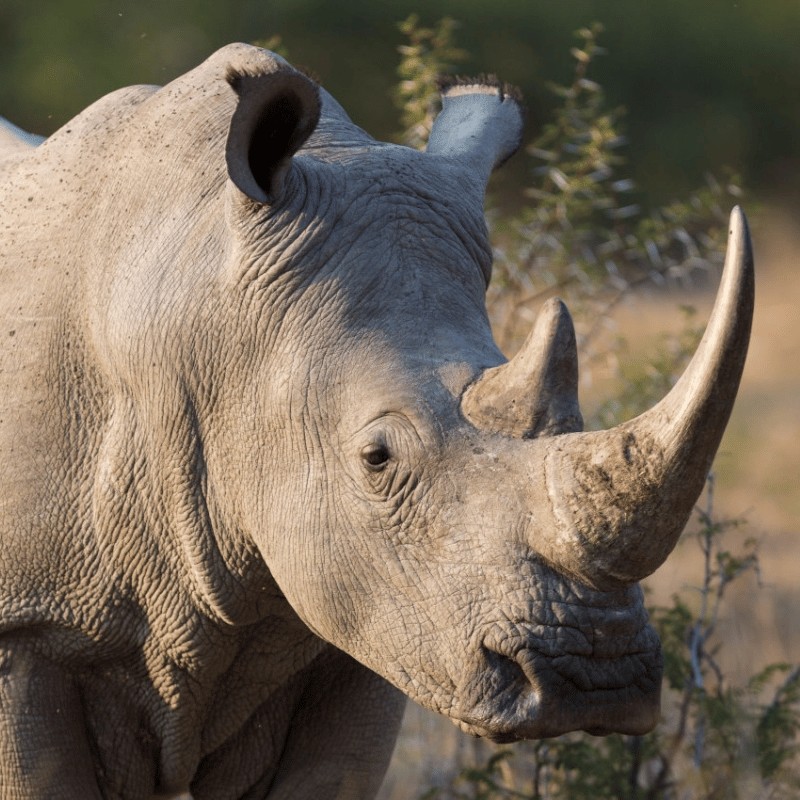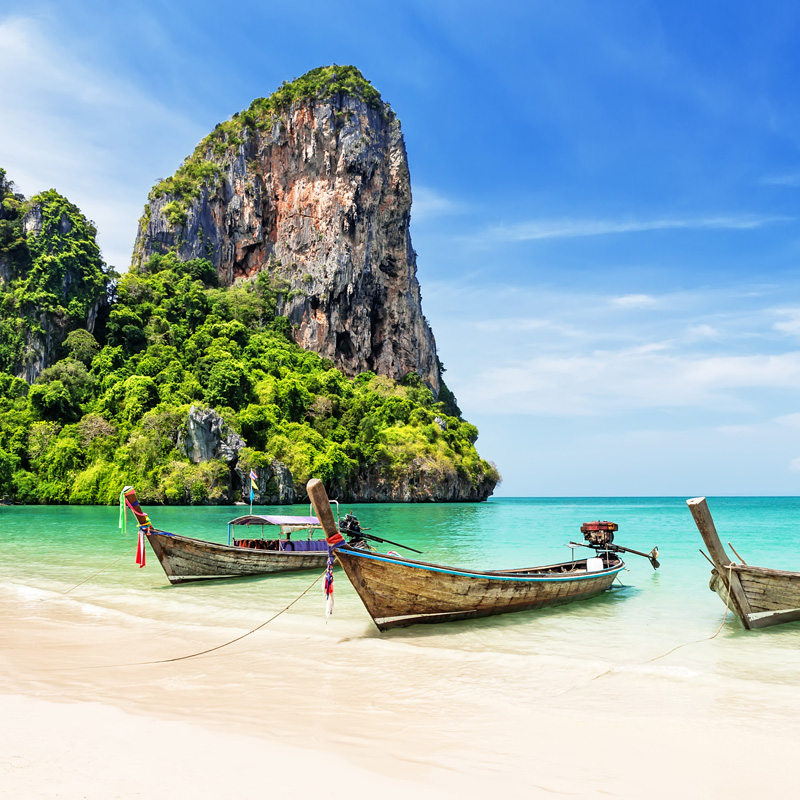Explore an 18-day adventure in Costa Rica, a global leader in biodiversity, for high school students passionate about wildlife conservation. This program provides hands-on experience in one of the world’s most ecologically rich countries. Assist scientists at the Monteverde Institute, protect endangered sea turtles, and volunteer at a wildlife rehabilitation center. Explore the rainforest on a nocturnal hike, contribute to reforestation for migratory birds, and zipline through the cloud forest canopy. With 20 hours of service learning, this adventure blends environmental stewardship with cultural immersion, equipping you with skills in conservation and global citizenship. Dive into Costa Rica’s natural wonders and develop a deep, lasting connection to the environment.
Costa Rica
Protecting Rainforest Wildlife
18 days
Trip duration
9th – 12th
Grades
18 days
2026 Dates Coming Soon!
Miami, FL
Arrival & Departure
